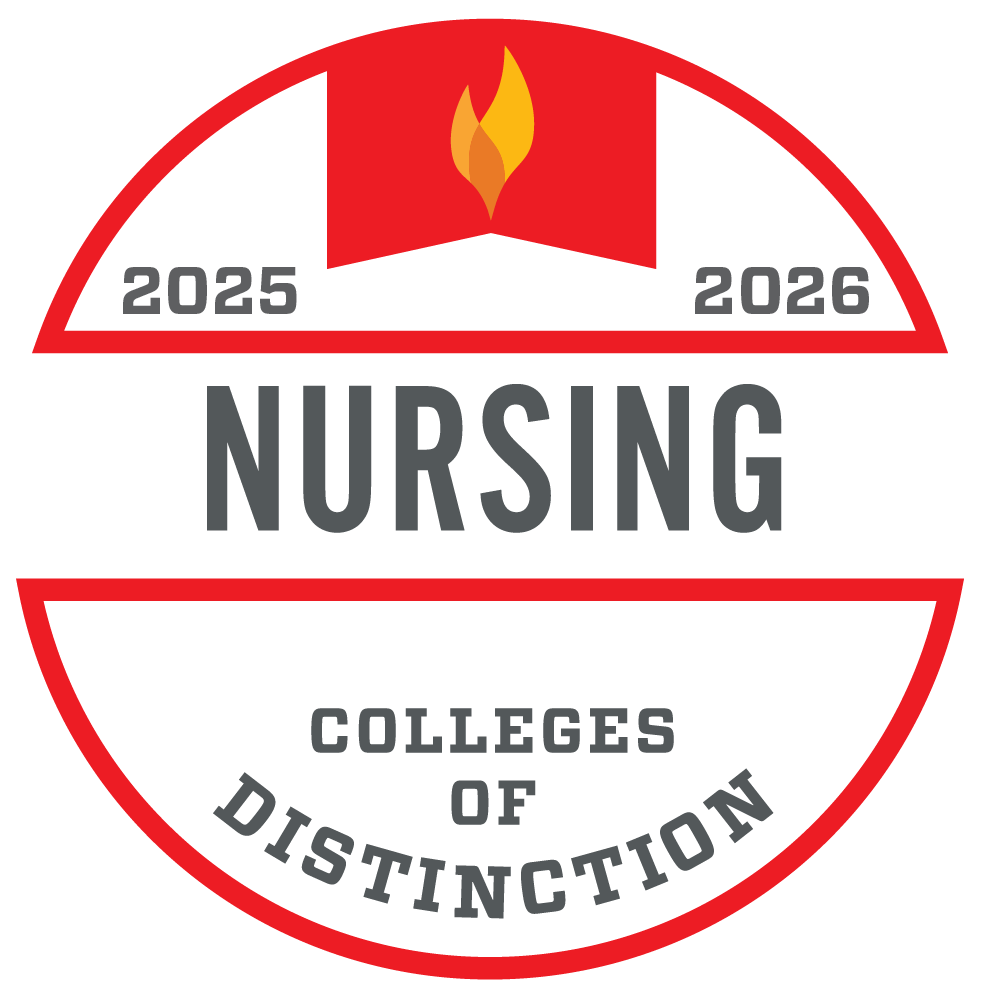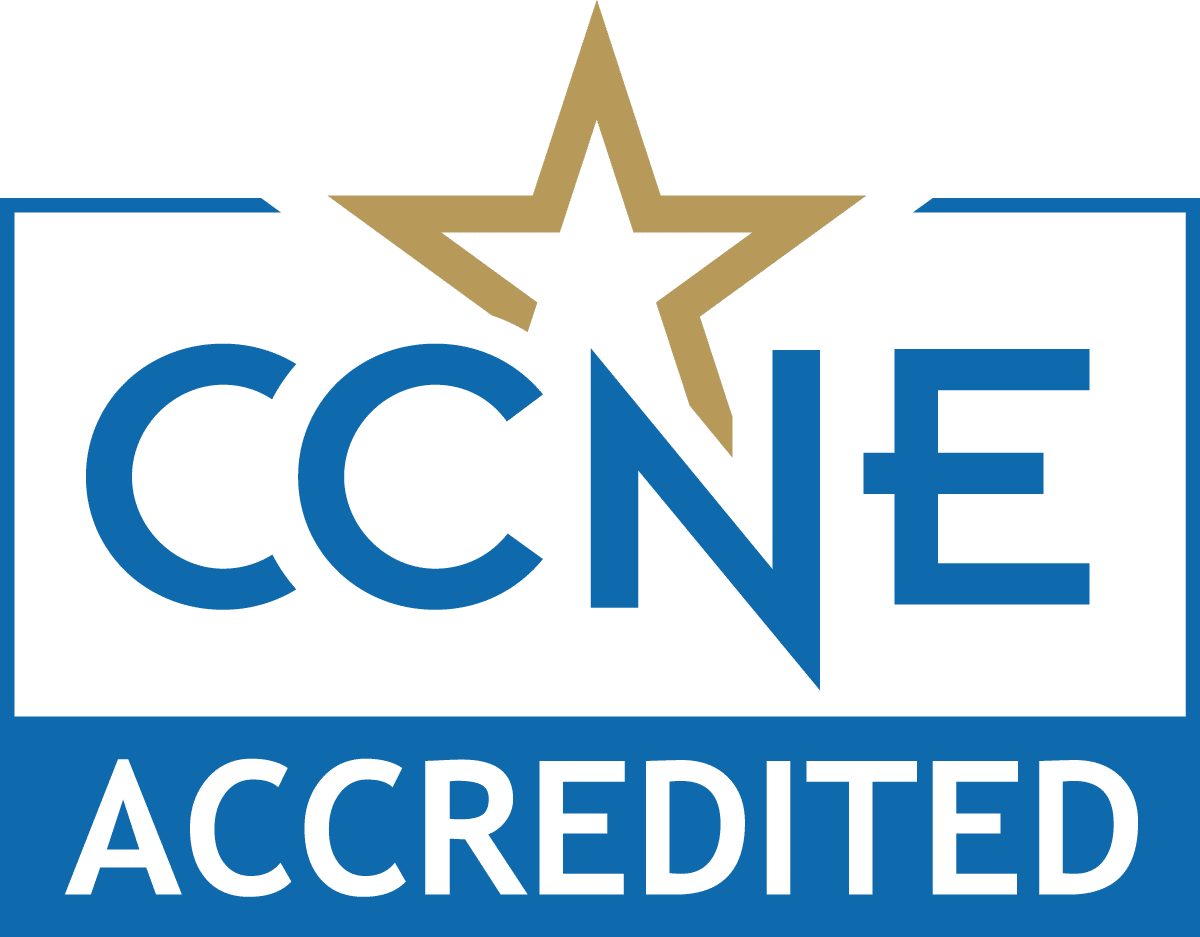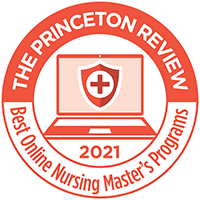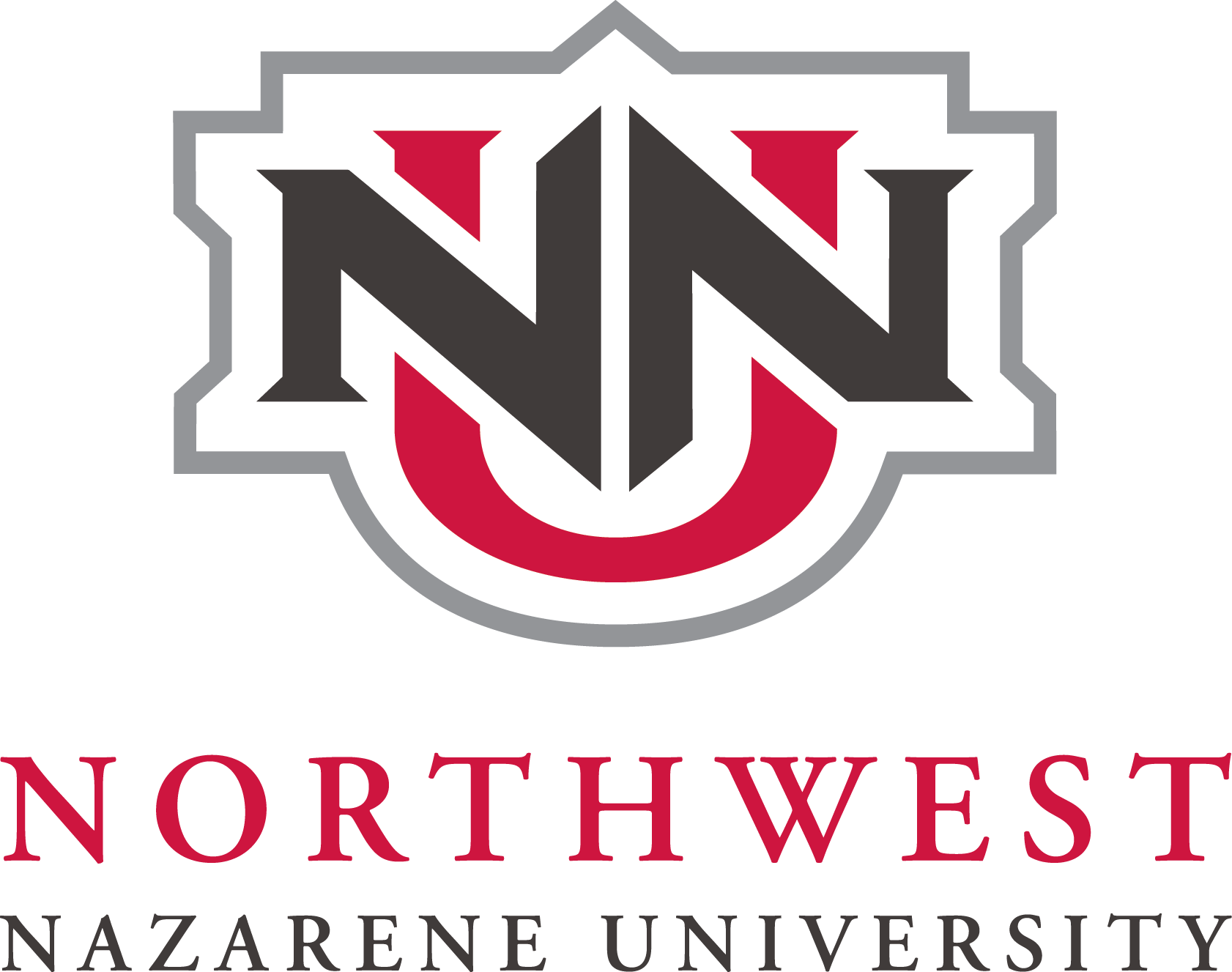Tara McKinney
208.467.8685
nursing@nnu.edu
College of
Nursing
College of Nursing
Nursing faculty aspire to professional excellence in teaching, practice, scholarship and service to Northwest Nazarene University and the communities of Idaho and elsewhere. Our vision is to be a community of nurse leaders, guiding professional nurses and advanced practitioners who are committed to Christian values, professional ideals, lifelong learning and meaningful practice in an increasingly technological healthcare system within national and international communities.
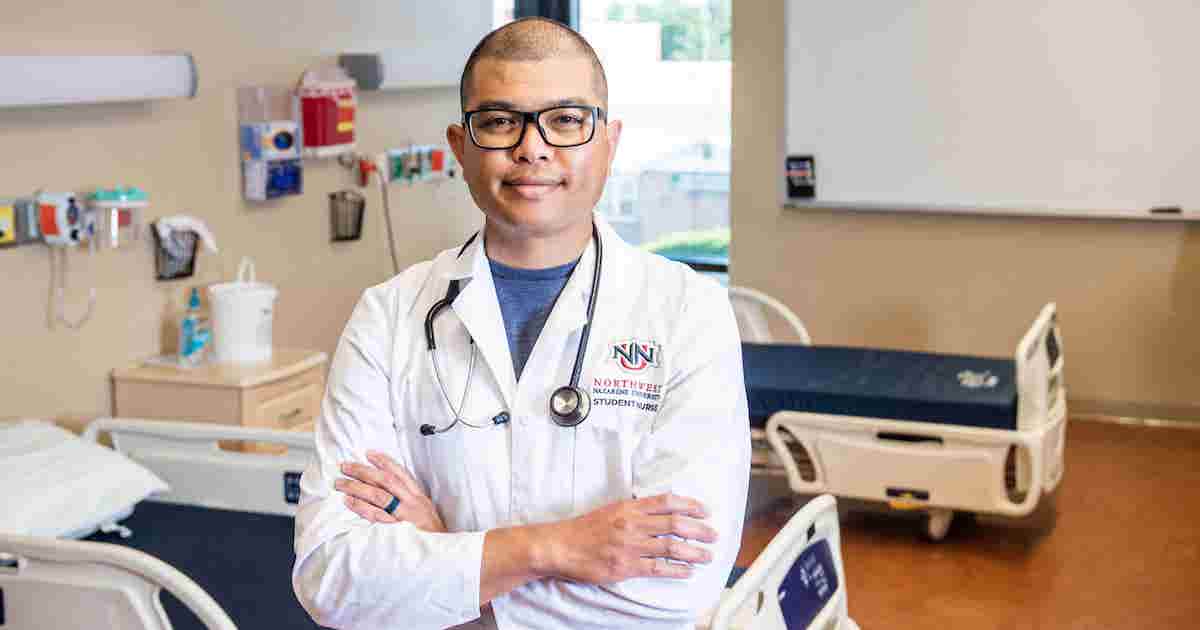

THE FUTURE OF NIGHTHAWKS NURSING
Support NNU’s New Nursing Facility!
College of Nursing Mission Statement
The mission of the College of Nursing at Northwest Nazarene University is to provide a quality nursing education and prepare nurses who excel in clinical practice by providing patient and family-centered care in the context of Christ-like behavior.

Undergraduate Degree Options
Graduates of the BSN program at NNU will:
- Use theories and concepts from scientific and liberal arts education, as well as professional nursing, to inform clinical judgment and nursing practice.
- Provide person-centered care which is holistic, individualized, just, respectful, compassionate, coordinated, evidence-based and developmentally appropriate in a variety of healthcare settings.
- Collaborate with community partners to develop interventions that consider social determinants of health and available resources for the improvement of equitable population health outcomes.
- Demonstrate knowledge of the basic principles of the research process, including the ability to critique research and determine its applicability to inform nursing practice.
- Employ established and emerging principles of safety and improvement science to enhance quality and minimize risk of harm to patients and providers through system effectiveness and individual performance.
- Intentionally collaborate across professions and with care team members, patients, families, communities and other stakeholders to optimize care, enhance the healthcare experience and strengthen outcomes.
- Ethically utilize information and communication technology and informatics processes to gather data and expand knowledge and wisdom to optimize healthcare outcomes.
- Integrate values reflective of the character of God and the Christian worldview, as well as professional ethics, into their daily practice of nursing and the advancement of nursing as a profession.
- Participate in activities and self-reflection that fosters personal health, resilience and well-being that supports the lifelong acquisition of nursing expertise and the assertion of leadership.
These outcomes reflect the expectations of the AACN New Essentials of Baccalaureate Nursing Education (2021) and the mission of the University and the College of Nursing.
Graduates of the Master of Science in Nursing Leadership and Education program at NNU will:
- Integrate advanced scientific, ethical and theological knowledge to provide holistic, evidence-based care that is compassionate, creative and responsive to the needs of diverse individuals, families and communities across healthcare settings.
- Provide culturally responsive, person-centered care that promotes dignity, wellness and human flourishing through collaborative strategies grounded in Christ-like compassion, clinical expertise and evidence-informed innovation.
- Apply knowledge of epidemiology and social determinants of health to design and implement equitable healthcare interventions that reflect academic rigor, creative leadership and a commitment to justice and the common good.
- Engage in scholarly inquiry and dissemination of knowledge that advances nursing practice, addresses real-world health disparities, inspires innovative solutions and reflects ethical frameworks shaped by a Christian worldview.
- Lead quality and safety initiatives that enhance system effectiveness and reduce harm through evidence-based practice, ethical decision-making and interdisciplinary collaboration, with a focus on justice, compassion and continuous improvement.
- Collaborate effectively within interprofessional teams, demonstrating respect, academic professionalism and nursing expertise to creatively solve problems and address complex healthcare challenges in diverse settings.
- Critically evaluate healthcare systems and advocate for just, sustainable reform, drawing upon scholarly insight, servant leadership and innovative practice to improve health outcomes at both local and global levels.
- Utilize information and communication technologies ethically and effectively to enhance clinical decision-making, expand access to care and support equitable healthcare delivery for all populations.
- Exemplify professionalism in advanced nursing practice through reflective engagement, ethical integrity, Christ-like character and a deep respect for human dignity, mentoring others and contributing to the growth and transformation of the profession.
- Demonstrate a commitment to lifelong learning and personal development, cultivating resilience, reflective practice and leadership excellence while embodying a transformative presence in clinical, academic and community contexts.
These outcomes reflect the expectations of the AACN New Essentials of Master’s Education in Nursing (2025) and the mission of the University and the College of Nursing.
Accreditation & Awards
The baccalaureate degree program in nursing and master’s degree program in nursing at Northwest Nazarene University are accredited by the Commission on Collegiate Nursing Education (http://www.ccneaccreditation.org).
